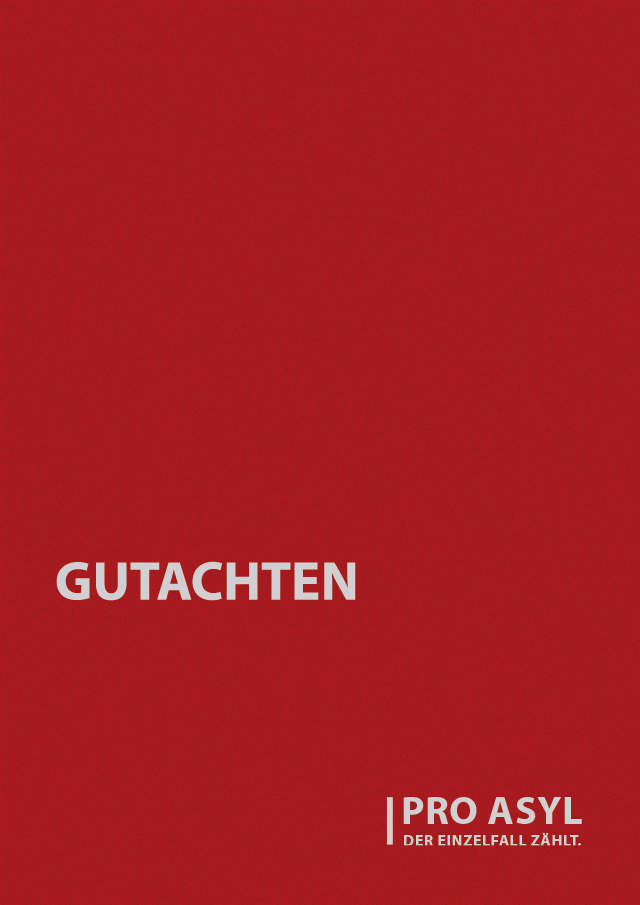Feasibility Study: Independent human rights monitoring mechanism at the external borders of the EU
Publication in english · Stellungnahmen & Gutachten
Mai 2022
Feasibility Study on the setting up of a robust and independent human rights monitoring mechanism at the external borders of the European Union
This study was prepared against the backdrop of multiple developments in the management of the external borders of the European Union. In recent years, the management of these external borders has become increasingly robust. The provision of direct financial support from Brussels to the frontline States has been presented as a manifestation of European solidarity and complemented by a significant increase in the powers and resources of the European Border and Coast Guard Agency (Frontex). Yet this expansion of powers and means appears to have come at the expense of respect for the fundamental rights of migrants who (attempt to) cross the external borders of the EU. Despite the obligations incumbent upon national and European border guards to respect the fundamental rights of all migrants, a considerable number of credible reports have highlighted widespread violations of rights. Nonetheless, these reports appear to have been routinely dismissed by the relevant authorities, with limited legal and political consequences. This has led to a perception of a lack of political oversight and judicial control of events at the European borders, which can result in impunity for violations committed, including possible criminal offences.
Against this background, the study first establishes the relationship between monitoring and political oversight as well as judicial control and scrutinises the criteria and principles that contribute to effective human rights monitoring at the borders: independence of the monitoring bodies; their adequate mandate, funding and powers; transparency and publicity of their work; requirements in terms of expertise; and the importance of solidarity between monitoring bodies in Europe as a corollary of the European solidarity on the side of the border guards.
